Raccoon and vegetables -- worried for rabies
juliedesj
13 years ago
Related Stories
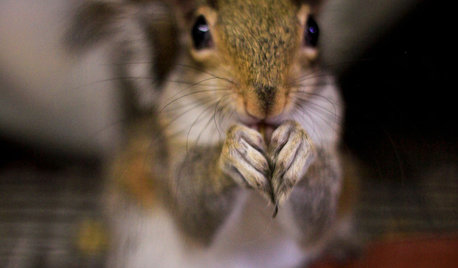
LIFEHow to Outsmart Backyard Critters
Learn to think like a raccoon, skunk or squirrel to keep your home safe and your garden intact
Full Story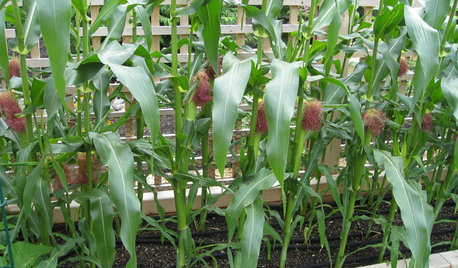
SUMMER FRUITS AND VEGETABLESHow to Grow Your Own Fresh, Sweet Corn
Here's how to plant and care for your own mini cornfield
Full Story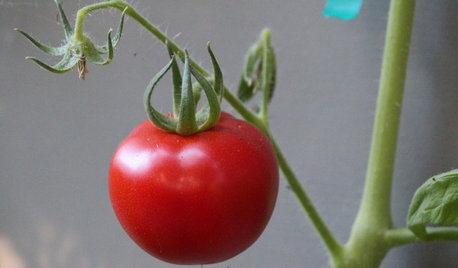
FARM YOUR YARDIf You Have Room for Only One Summer Crop ...
Get an edible that’s long on flavor even if you’re short on space, with a long-time gardener’s favorite picks
Full Story
EDIBLE GARDENSSummer Crops: How to Grow Tomatoes
Plant tomato seedlings in spring for one of the best tastes of summer, fresh from your backyard
Full Story
EDIBLE GARDENSHow to Grow Your Own Sweet Summer Crops
This guide will help any gardener get started on growing the freshest warm-season veggies and berries for summer
Full Story
FENCES AND GATESA Deer Fence Can Be Decorative as Well as Protective
You need a monster-size fence to shelter your garden from deer, but it doesn’t have to look like a monstrosity
Full Story
LANDSCAPE DESIGNSee 5 Unexpected Ways to Use Vines
Vines can grow over slopes, trail off pergolas and add seasonal color to the garden
Full Story
FARM YOUR YARDHello, Honey: Beekeeping Anywhere for Fun, Food and Good Deeds
We need pollinators, and they increasingly need us too. Here, why and how to be a bee friend
Full Story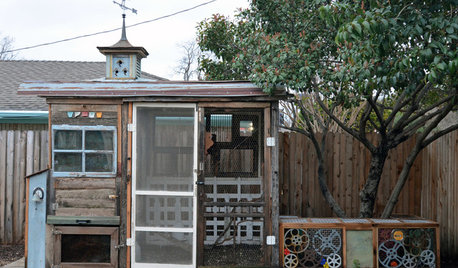
OUTBUILDINGSQuirky Meets Practical in a Dallas Chicken Coop
These hens have a stylish backyard coop built from recycled materials
Full Story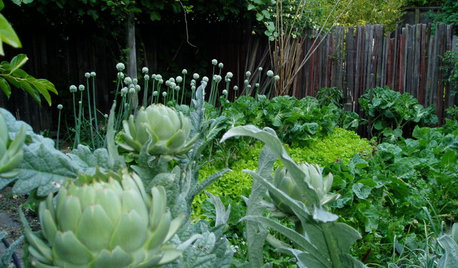
FRONT YARD IDEAS10 Ideas for a Front-Yard Edible Garden Your Neighbors Will Love
Choosing attractive, well-mannered plants and sharing the bounty will go a long way toward keeping the peace
Full Story





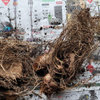
oilpainter
ianna
Related Professionals
Kapaa Landscape Architects & Landscape Designers · Willowick Landscape Architects & Landscape Designers · Bethel Park Landscape Contractors · Dunwoody Landscape Contractors · Fort Atkinson Landscape Contractors · Golden Gate Landscape Contractors · Hoover Landscape Contractors · Lake Saint Louis Landscape Contractors · Longview Landscape Contractors · Medford Landscape Contractors · Pleasant Hill Landscape Contractors · Teaneck Landscape Contractors · Vancouver Landscape Contractors · Waipahu Landscape Contractors · Winchester Landscape ContractorsjuliedesjOriginal Author
ianna
ianna